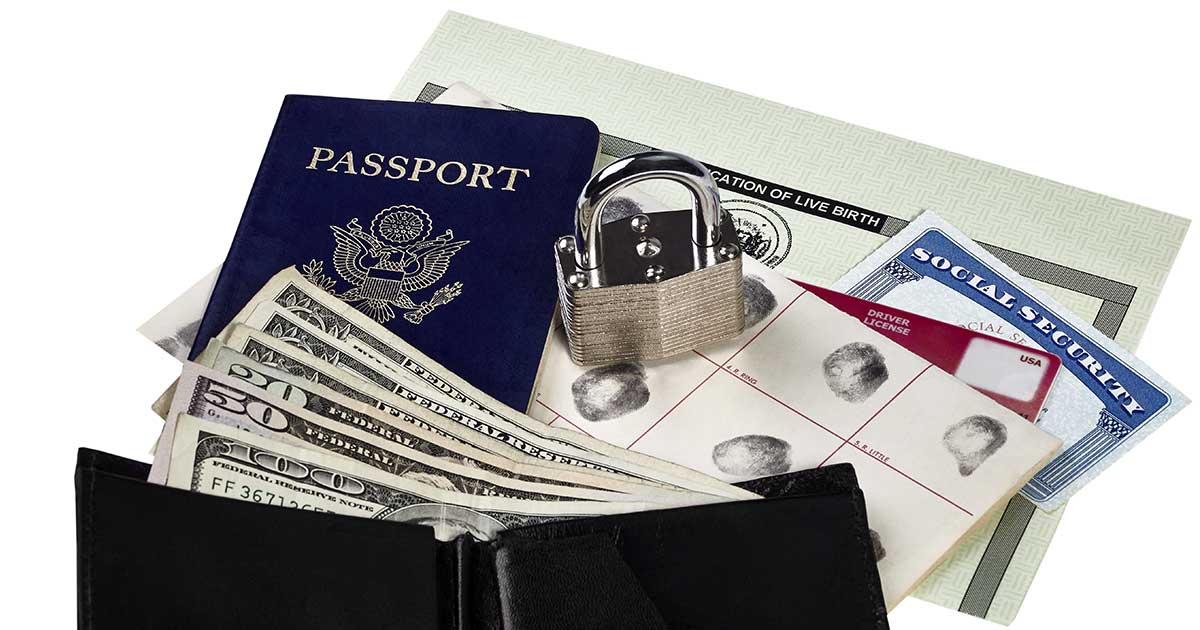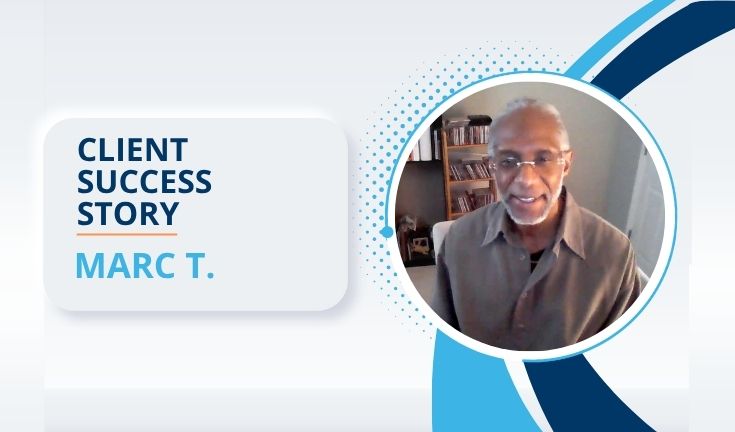Mortgage Payment Calculator
See how much you’ll pay and how much you can save with extra payments.
A home is one of your most important assets, so understanding your mortgage is essential. This simple mortgage calculator helps you assess the monthly payments and total cost of a home loan. You can understand how much home you can afford based on the purchase price, term, interest rate, and down payment. It can also help you see the value of making extra mortgage payments to pay off your home faster. If you have any questions, please call 1-800-435-2261 to speak with a HUD-certified housing counselor.
Important information for homebuyers using this calculator
Simple mortgage payments versus PITI
This calculator is known as a simple mortgage payment calculator because it calculates the monthly payments based solely on:
- purchase price of the home
- term selected
- interest rate
- down payment
It’s important to keep in mind that your mortgage payments may be higher than you see with this simple calculation. Many mortgage payments are known as PITI payments.
PITI stands for:
- Principal
- Interest
- Taxes
- Insurance
The payments that you see above cover Principal (the actual debt owed) and Interest (accrued monthly interest charges). They do not include Taxes and Insurance.
How do taxes and insurance figure into mortgage payments?
When you make a mortgage payment to your mortgage lender, part of that payment gets separated into an escrow account. This account builds funds throughout the year with each mortgage payment that you make.
Then when your annual property taxes and insurance need to get paid, the money is withdrawn from escrow to make the payment.
You can choose to pay taxes and insurance separately on your own. In this case, you would not need to keep money in escrow to cover those costs. And the mortgage payment would be lower – it would be equal to the simple mortgage payment that you see above.
If you want everything rolled into one payment, then you can expect your mortgage payments to be higher than what this calculator shows.
If you are a homebuyer using this calculator to determine how much home you can afford to buy, we recommend using our mortgage prequalification calculator. It estimates PITI payments based on average property taxes and insurance premiums. This will give you a more accurate estimate of what you can expect to pay for your new home.
What about adjustable rates?
A simple mortgage payment calculator is based on a traditional fixed-rate mortgage. With a fixed-rate mortgage, the interest rate is locked in at the time you apply for the loan. You pay the same rate over the entire life of the loan unless you decide to refinance.
However, this isn’t the only type of mortgage loan you can have. You may also have an adjustable-rate mortgage or a hybrid mortgage. With an adjustable-rate mortgage, the interest rate changes after a set period, usually one, seven, or ten years.
With a hybrid mortgage, also known as a two-step mortgage, the interest rate changes once. For example, if you have a 5/1 hybrid mortgage, the interest rate you when you first take out the loan will be locked in for five years. Then, the interest rate will change based on the rates available at the 5-year mark and that rate will be locked in for the remainder of the loan.
In general, a fixed-rate mortgage is the easiest to manage and can be especially beneficial if you buy a home when rates are low. In certain circumstances, you may choose to use an adjustable rate or hybrid.
If you have questions about which mortgage loan option is the best for your situation and what that will mean for your payments, you should talk to a HUD-certified housing counselor. They can help evaluate your situation and make recommendations based on your budget, needs, and credit.
Knowing what to expect as you buy a home
If this is your first time buying a home, it’s important to understand how the process works, as well as how different types of mortgages can impact your finances. Taking a first-time homebuyer course can educate you on the process and everything you need to know to be successful.
Local HUD-certified housing counseling agencies in your area may offer these courses for free. You can also find paid versions of the same course online that you can take in your own time.
These courses can also be invaluable to help minimize the upfront cost of purchasing a home. Upon completing the course, you receive a certificate that is good for one year. This is often required for a first-time buyer to qualify for down payment and closing cost assistance programs.
Information for homeowners about extra payments
The second part of the mortgage payment calculator above is really designed for people who already own a home. It helps you evaluate the cost-benefit of making extra mortgage payments.
You can use the “Add Extra Payments” feature to:
- Evaluate the benefit of adding extra money to each monthly payment you make
- See the cost savings about making one extra payment each year
- Understand what you save by making a one-time extra payment
When you enter the extra payment you wish to make, it will change the total interest paid in the results and show you the total extra payments made.
Why make extra payments?
Extra mortgage payments help you pay off your home loan faster. You can pay off your mortgage earlier and save money.
An extra payment can be beneficial because 100% of the payment goes towards paying off the principal. Since no accrued monthly interest charges apply to the payment, it goes solely towards paying off the balance on your mortgage.
If you don’t have any other debts to pay off and/or you want to own your home free and clear, then making extra mortgage payments may make sense. This is especially true if you are nearing retirement. You’d eliminate a bill and only need to worry about covering property taxes and insurance each year.
However, outside of this situation, using extra cash to pay off your mortgage faster isn’t always the best use of your money. Mortgages tend to have lower interest rates compared to other types of debt, particularly credit cards. Thus, it generally makes more sense to pay off other debts first if you have extra cash.
You may also want to consider using extra money to invest. If the rate of return on investment is greater than the interest rate on your mortgage, then this might make more sense.
If you have extra money, either because you’re earning more or you have a one-time extra sum of cash, you should consult with a financial advisor on the best way to use it. A Certified Financial Planner (CFP) can help you make informed choices when it comes to prioritizing debt versus investments. They can help you make the right choices to support your needs and goals.





